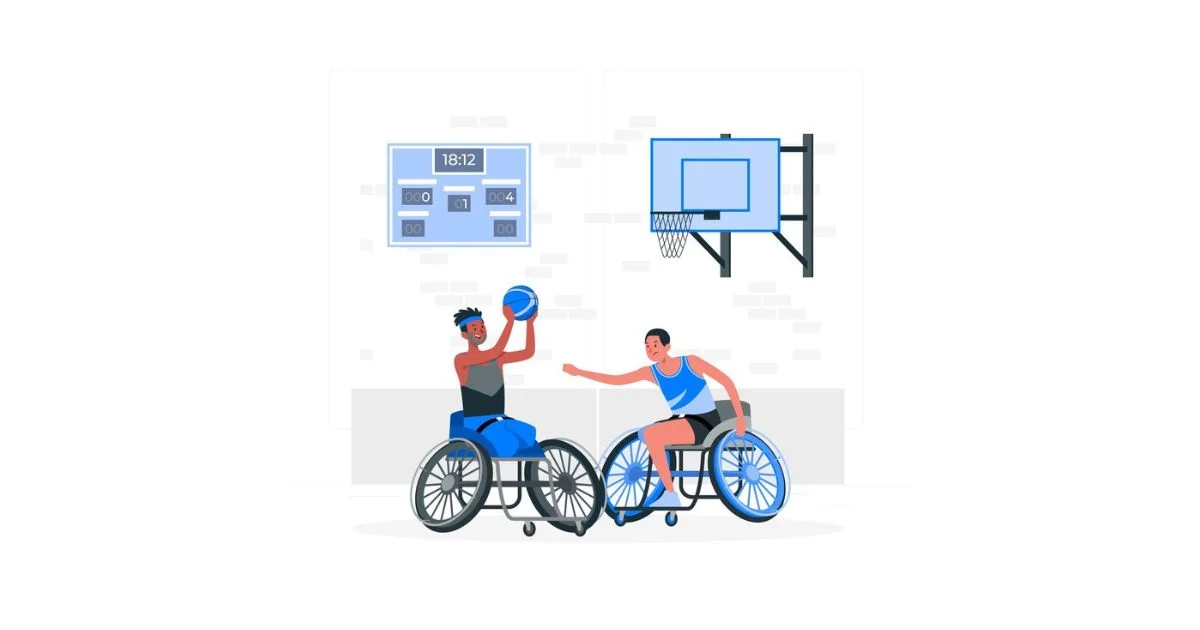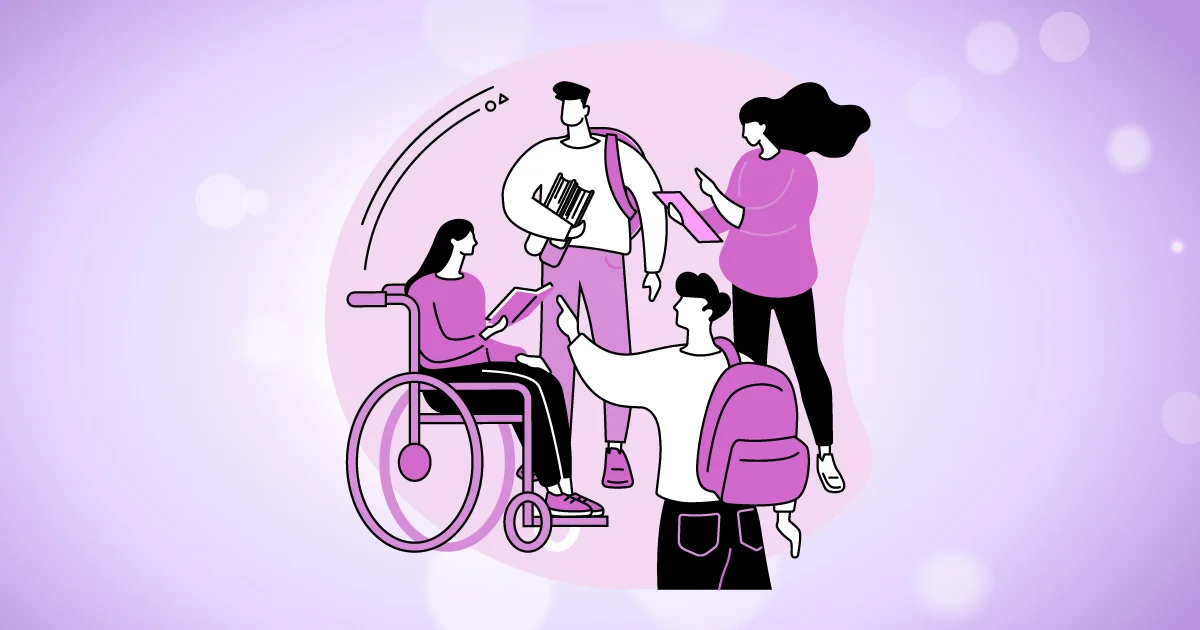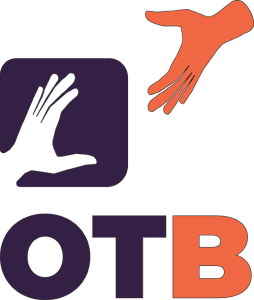NDIS group centre activities help people with disabilities connect, learn, and enjoy in a friendly space. These activities boost social skills, confidence, and well-being. To create a fun and inclusive experience, choose activities that suit everyone’s needs, encourage participation, and promote teamwork. A safe and welcoming environment makes a big difference. Plan with care to ensure all participants feel valued and included.
Make NDIS group centre activities enjoyable with these 8 simple tips
Planning NDIS group centre activities? A well-organised and inclusive approach can make them enjoyable for everyone. Here are eight simple tips to help you create a fun, engaging, and supportive experience for all participants.
1. Understand What Participants Need
Each person is different. They have different likes, needs, and challenges. It is important to know what activities they enjoy and what support they need.
Tips:
- Talk to participants and their families to learn what they like.
- Think about their mobility, sensory needs, and communication styles.
- Plan different NDIS group centre activities to match different interests and abilities.
2. Pick Activities That Everyone Can Join
Activities should be easy for everyone to join. This makes sure no one feels left out.
Tips:
- Check the Venue: Make sure the place is easy to access, has ramps, and has accessible toilets.
- Offer Support: Have helpers to assist people who need extra help.
- Use Special Equipment: Provide tools like large-print instructions, sensory-friendly materials, or pictures for communication.
- Give Clear Instructions: Simply explain activities and give support if needed.
3. Fun Activities for Everyone
Choosing the right activities makes sure everyone enjoys themselves. Here are some ideas:
Creative and Art Activities
These activities help people express themselves and have fun.
- Painting and Drawing: Using colours to make art can be very relaxing.
- Music and Singing: Singing songs or playing instruments is fun and helps people feel happy.
- Crafting: Making cards, bracelets, or other simple crafts can be exciting.
- Dancing: Dancing is a great way to stay active and enjoy music.
Physical Activities
Staying active is important for health and well-being.
- Gentle Exercise: Yoga, stretching, or chair exercises can help improve flexibility and reduce stress.
- Outdoor Walks: Walking in a park or garden helps people enjoy nature and get fresh air.
- Sports and Games: Games like basketball, bowling, and bocce are fun and keep the body moving.
- Dance Therapy: Dancing is a fun way to exercise and feel happy.

Social and Recreational Activities
Social activities help people make friends and feel connected.
- Board Games and Puzzles: Games like chess, checkers, or card games help people think and work together.
- Movie Nights: Watching movies together is a great way to relax and bond.
- Book Clubs: Reading and talking about books helps build friendships.
- Music Sessions: Singing or playing drums together can be enjoyable and calming.
Life Skills and Learning Activities
These activities help people become more independent and confident.
- Cooking Classes: Learning how to make simple meals is a useful skill.
- Budgeting Workshops: Learning about money management helps in daily life.
- Gardening: Growing plants or flowers is relaxing and teaches responsibility.
- First Aid Training: Knowing basic first aid helps people feel prepared for emergencies.
- Technology Skills: Learning how to use smartphones or computers can help with communication and daily tasks.
4. Make Activities Inclusive
To make sure everyone can join and enjoy NDIS group centre activities, follow these tips:
- Adjust activities so everyone can take part.
- Offer different ways to join, such as seated exercises.
- Use simple words, pictures, or sign language if needed.
- Encourage teamwork so everyone feels included.
- Provide quiet areas for those who need breaks.
5. Keep Everyone Safe and Comfortable
Safety is the most important thing when planning activities.
- Check the Space: Make sure it is clean, safe, and easy to move around in.
- Offer Help: Have trained staff or volunteers ready to support participants.
- Think About Special Needs: Some people may need extra care, so plan.
- Have Emergency Contacts: Keep emergency phone numbers and medical details nearby.
6. Encourage Socialising and Teamwork
NDIS group activities are a great way to make friends. Here’s how you can help:
- Pair participants with buddies to help them feel comfortable.
- Plan icebreaker activities to welcome new members.
- Include team games to promote cooperation.
- Make sure everyone feels valued and included.
7. Add Variety to Keep It Fun
Doing the same thing all the time can get boring. Keep activities interesting by:
- Changing themes regularly to keep participants excited.
- Inviting guest speakers or entertainers for fresh experiences.
- Planning day trips to parks, museums, or cultural sites.
- Celebrating special events with themed activities and decorations.
8. Ask for Feedback and Improve
To keep NDIS group centre activities fun and useful, always ask for feedback.
- Give short surveys to see what participants liked the most.
- Ask for new ideas and suggestions.
- Involve participants in planning activities.
Conclusion
NDIS group centre activities give people with disabilities a chance to learn, have fun, and build friendships. With OTB Support, you can ensure activities are easy, safe, and enjoyable for everyone.
As part of a quality Disability Service, always plan, make sure everyone can join, and most importantly, have fun! Whether it’s an art session, an exercise class, or a social event, every activity is a chance to create happy memories. So, get your group together and start planning an amazing experience today with OTB Support!

